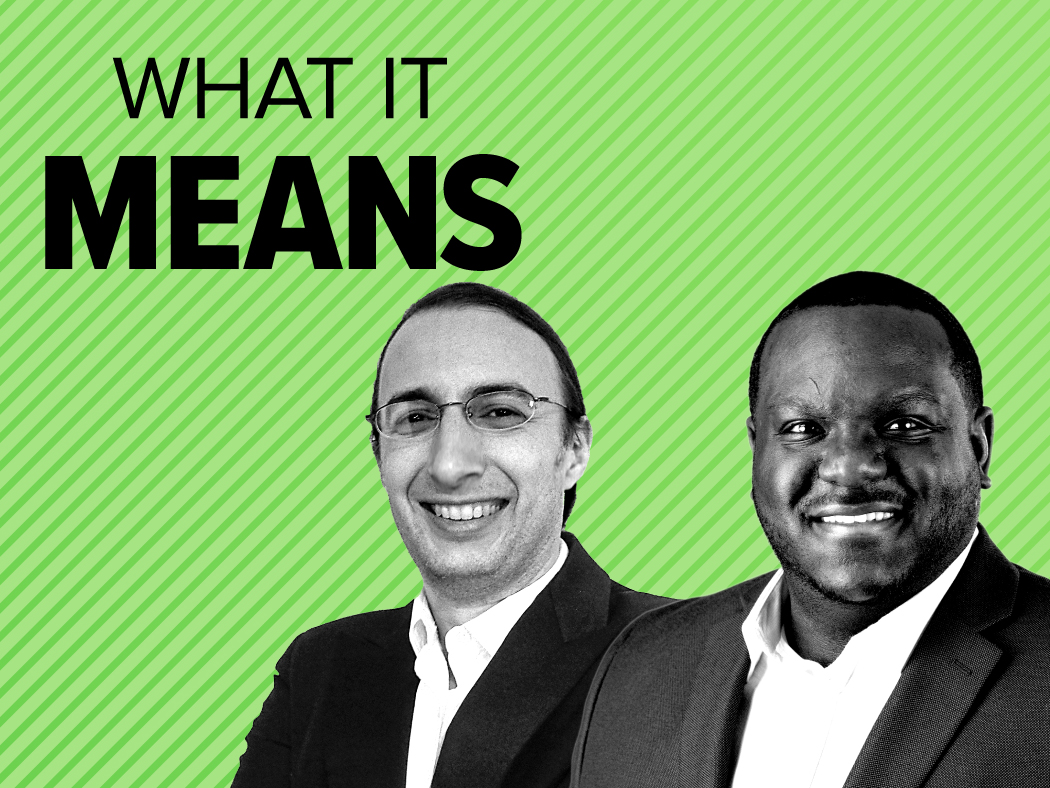Featuring:
David Mooter, Senior Analyst and Jonathan Roberts, Senior Analyst
Show Notes:
When Senior Analysts David Mooter and Jonathan Roberts set out to research trends in autism-friendly hiring practices, they didn’t know exactly what they’d find. But after many interviews with firms that have implemented programs and practices in this area, one thing became clear: Viewing your hiring process and employee experience through the eyes of a person with autism can bring a wealth of benefits to all employees.
The episode starts with some context as to why this topic is particularly relevant right now. Roberts explains that several workplace trends are converging to put a new focus on inclusive hiring practices. The ongoing talent crisis, particularly in technology fields, continues to plague many industries. At the same time, more firms are beginning to realize the business benefits of diversity and inclusion in the workforce and “a greater understanding of ‘belonging’ as an employee metric,” he says. When you look at those trends together, creating more autism-friendly recruitment and hiring practices makes a lot of sense. In fact, some of the traits that are common among people with autism, such as a restrictive interest that leads to an extreme depth of knowledge in a specific area, are a strength in the right situation and create a win-win for both employer and employee.
If an organization wants to develop a more autism-friendly hiring practice, what’s the right approach? Mooter outlines three key steps. The first step is creating a pilot plan to attract and retain autistic talent. Second, adjust the recruitment and interview process so that there is more structure and less ambiguity. And third, for new employees, foster a more structured and supportive work environment. (Forrester’s forthcoming report on this topic provides more detail in each of these areas.)
But the benefits don’t only apply to candidates with autism. Making these kinds of changes to your hiring practices may appeal to a wide variety of candidates and bring in a much more diverse candidate pool. “Who doesn’t love less ambiguity in such a stressful scenario like interviewing for a new job?” Roberts says. “Inclusive hiring is really about understanding all different kinds of people with potential for the role and removing the barriers to the finish line.”
Throughout the episode, Mooter and Roberts discuss real-world examples of large and small firms that have implemented inclusive hiring practices and even some “lessons learned” from firms that have made some missteps along the way.
The episode closes with Roberts, a “future of work” analyst, providing his outlook on where inclusive hiring practices, and autism-friendly practices in particular, will go in the next five years, so be sure to stick around to hear his outlook.




